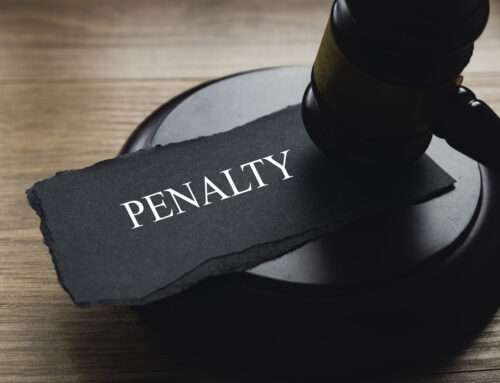A non-agency payment or ‘NAP’ is a payment made by the payer of an enforceable child support liability to the payee or to a third party for the benefit of a child in lieu of child support. Both the payer and the payee must agree (preferably in writing) that the payment was in lieu of child support.
For example, Khal is required to pay Daenerys $2,000 a month for child support for their child Tyrion. Daenerys approached Khal and asks him to pay for Tyrion’s chess camp fees which are $520 and agrees that it be credited against Khal’s child support liability.
The above example is a NAP. The payment is for the benefit of a child and the parties have agreed that the payment is in lieu of child support. Khal should report the payment to the child support agency and keep proof of the payment and pay the $480 balance payable.
Funnily enough parties won’t always agree.… so what happens where a payment is made and the payee refuses to agree that it is a payment in lieu of child support?
Prescribed Non Agency payments
The payer can make payments to the payee or to a third party in lieu of child support, even where the payee does not agree, provided that the payments fall within the category of prescribed NAP’s as specified in regulation 5D of the Child Support (Registration and Collection) Regulations 1988 and where certain other requirements are met (discussed later).
Prescribed NAP categories are as follows:
- Child care costs for the child who is the subject of the enforceable maintenance liability;
- Fees charged by a school or preschool for that child;
- Amounts payable for uniforms and books prescribed by a school or preschool for that child;
- Fees for essential medical and dental services for that child;
- The payee’s share of amounts payable for rent or a security bond for the payee’s home;
- The payee’s share of amounts payable for utilities, rates or body corporate charges for the payee’s home;
- The payee’s share of repayments on a loan that financed the payee’s home;
- Costs to the payee of obtaining and running a motor vehicle, including repairs and standing costs.
For a prescribed NAP to be credited the amount must not exceed 30% of the amount payable under the payer’s liability for that period. If the amount paid is more than 30% of the liability then the surplus can accumulate and further 30% payments applied to future payment periods. In addition the following criteria must be met:-
- The payer of an enforceable maintenance liability in relation to a payment period or initial period has made one or more payments to the payee of the liability, or to another person; and
- The payment falls within the prescribed NAP’s detailed above; and
- The sum of those payments exceeds the sum of all such payments previously credited under this section against the liability for all past periods; and
- At the time the payment was made the payer has less than 14% care of all of the children to whom the relevant administrative assessment relates; and
- At the time the payment was made the child support liability was not being fully or partially met by a lump sum credit (sections 69A, 71C(2) and 71C(5)(b)); and
- The liability is not a parentage overpayment order or spousal and de facto maintenance order (section 71C(5)(a)), or a registrable overseas maintenance liability (section 71C(6)).
For example, Piper and Alex separate in March 2014. Piper is the payer. She spends 1 night a fortnight with the children and is required to pay Alex (the payee) $2,000 per month by way of child support for the parties’ children Vee and Nicky. Alex continues to live in the home that they shared. The home has gas connected which is in Piper’s name because Piper had originally organised the connection when they had moved into the home. Piper pays a gas account of $500 in November 2014 which covers the period from 1 July 2014 until 30 September 2014. Alex and the children were residing in the home and thus solely benefited from the payment of the gas bill. Piper applies for credit of this $500 as a prescribed non-agency payment. The Registrar will credit this amount.
Piper is entitled to have the gas account credited against her child support liability. Again she should inform the agency of the payment and keep proof of payment.
If you have any questions about child support or NAP’s please make an appointment with one of our solicitors.






